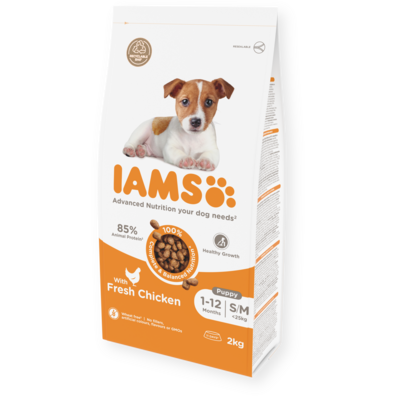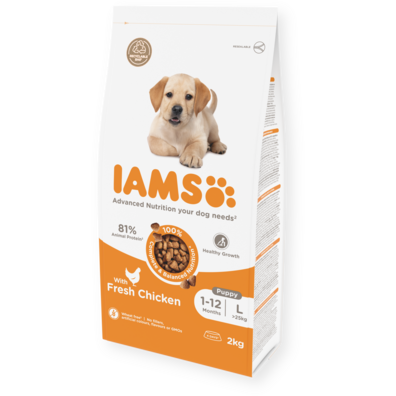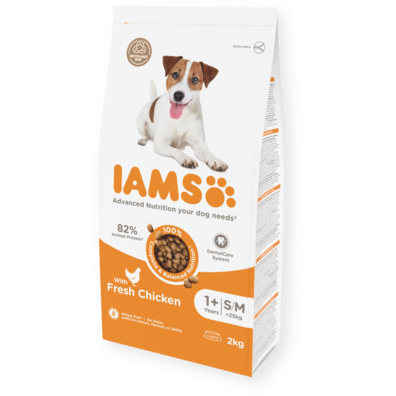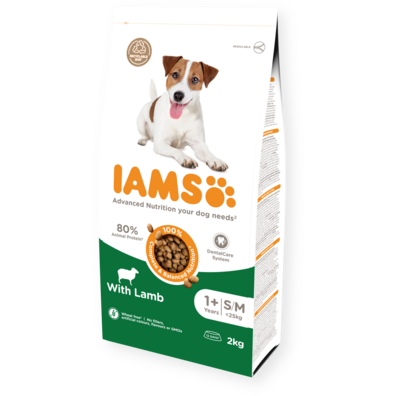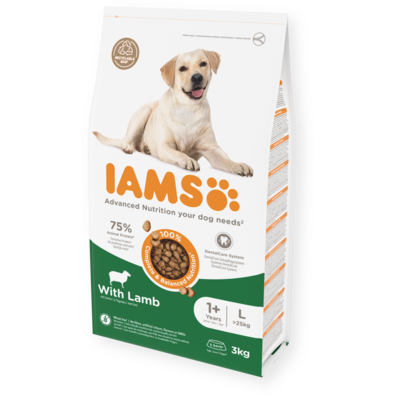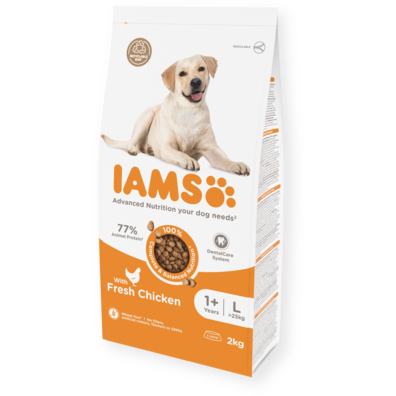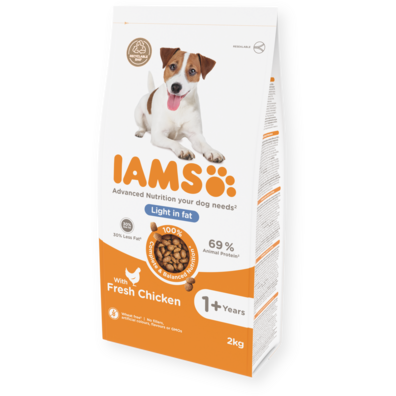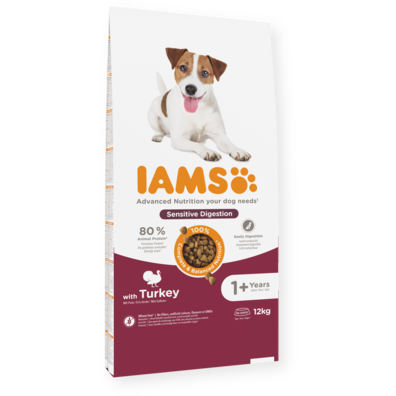How long can a dog go without food?
Your dog may lose appetite from time to time, but it can get worse when they refuse to eat completely. This may not be very pleasant, and you may even wonder how long your furry friend will survive without dog food. In many instance inappetence doesn’t last very long but if it does your dog will lose weight very quickly. However, if this problem persists for extended periods, it is a sign that something is wrong, and perhaps seriously so. This article will help you understand everything you should know when your dog refuses to eat, what it means, and what you can do to help your dog eat again.
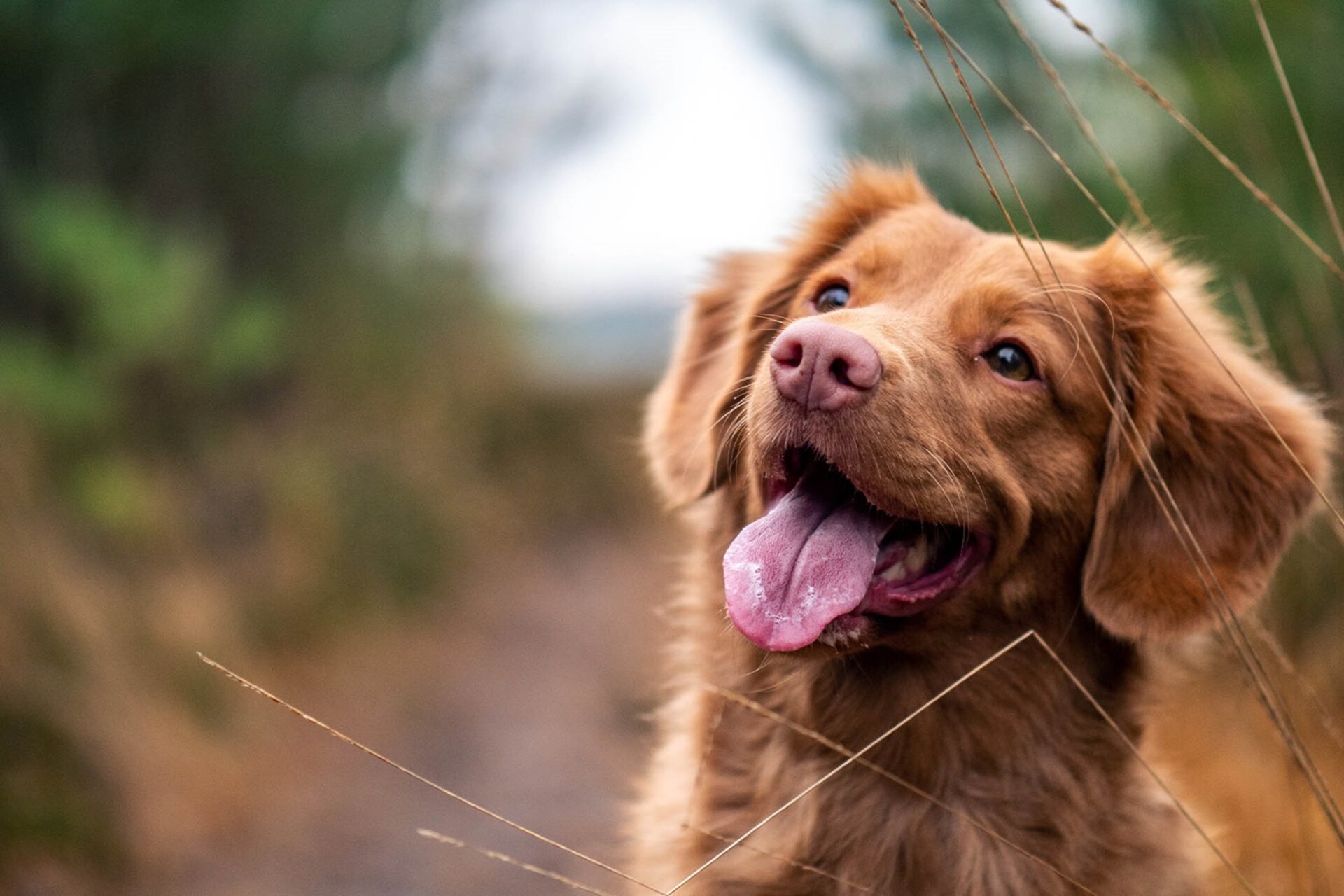
How long can your dog go without eating?
Every dog is unique and there is no set number of days that is “safe” for dogs who have gone on hunger strike, however most healthy dogs can contend with 3 days without eating food as long as your pet drinks water. Please do note though that a change in appetite can be a sign of something quite serious, so if you are in doubt please make an appointment to see your vet.
Why your dog isn't eating
As a dog owner, the most pressing question is why your dog isn't eating. There are many reasons why your pet may not be eating. Some of these causes may be solved by a simple diet change, while others may be far more complicated than you may think. So here are possible issues that may be preventing your pet from eating as usual.
Medical issues
Some medical conditions may come with a loss of appetite, making your dog not eat. Some of the most common medical conditions may include stomach upsets, gingivitis, and other infections.
Cognitive problems
Some dogs suffer from cognitive conditions that affect their ability to think and understand clearly, this can affect their feeding habits. For instance, periods of depression and anxiety are known to cause a lack of appetite in dogs, just as they can for as humans.
Your dog is choosy
Dogs can be picky feeders. You may want to try different kinds of foods until you find what your dog likes. This may mean being patient enough with your furry friend and investing more in dog food.
What should you do if your dog won't eat?
As indicated, your dog refusing to eat may be caused by many factors, and it varies from dog to dog. You need to assess your dog closely to determine the cause and find possible solutions. With that in mind, here is what you should do if your furry friend takes the fasting road for an extended period.
Take it easy
You should not panic when your dog refuses to eat one meal. Like humans, your pet may also lose appetite for a short period without necessarily suffering long-term effects. Provided the dog does not show any signs of abnormalities, you should not worry about the issue. One or two days without food may be a problem. However, when the fasting goes on for more than two days, you should take action immediately.
Find out why your dog is not eating
To figure out what may be hindering your dog from eating, you need to check any changes in their activities, dog food, and body for signs of illnesses. If you’re able to determine the cause, it will be easier to seek a solution.
Get their favourite dog food
Some causes like pickiness are easier to solve. For instance, you can try to buy your dog's favorite food, and if they start eating, ensure that you get enough for them. Here at Iams we strive to create the best quality dog food in the world, and you can be assured that your dog will love Iams exclusive food.
Take your dog to a vet
If all other solutions don't work, the last option would be to take your dog to a vet. This way, you can know what is ailing your dog.
Final thoughts
At some point, you may notice that your dog is not eating. And, this can be caused by various reasons. However, the first thing you need to do is take your pet to a vet for examination and diagnosis. It is advisable to find out what ails your dog early enough instead of waiting until it is too late and your dog is malnourished. Ideally, you should only wait for 48 hours. If the behavior persists, you may want to ensure that your dog gets enough fluids, such as water, then visit your nearest vet office for expert help.



